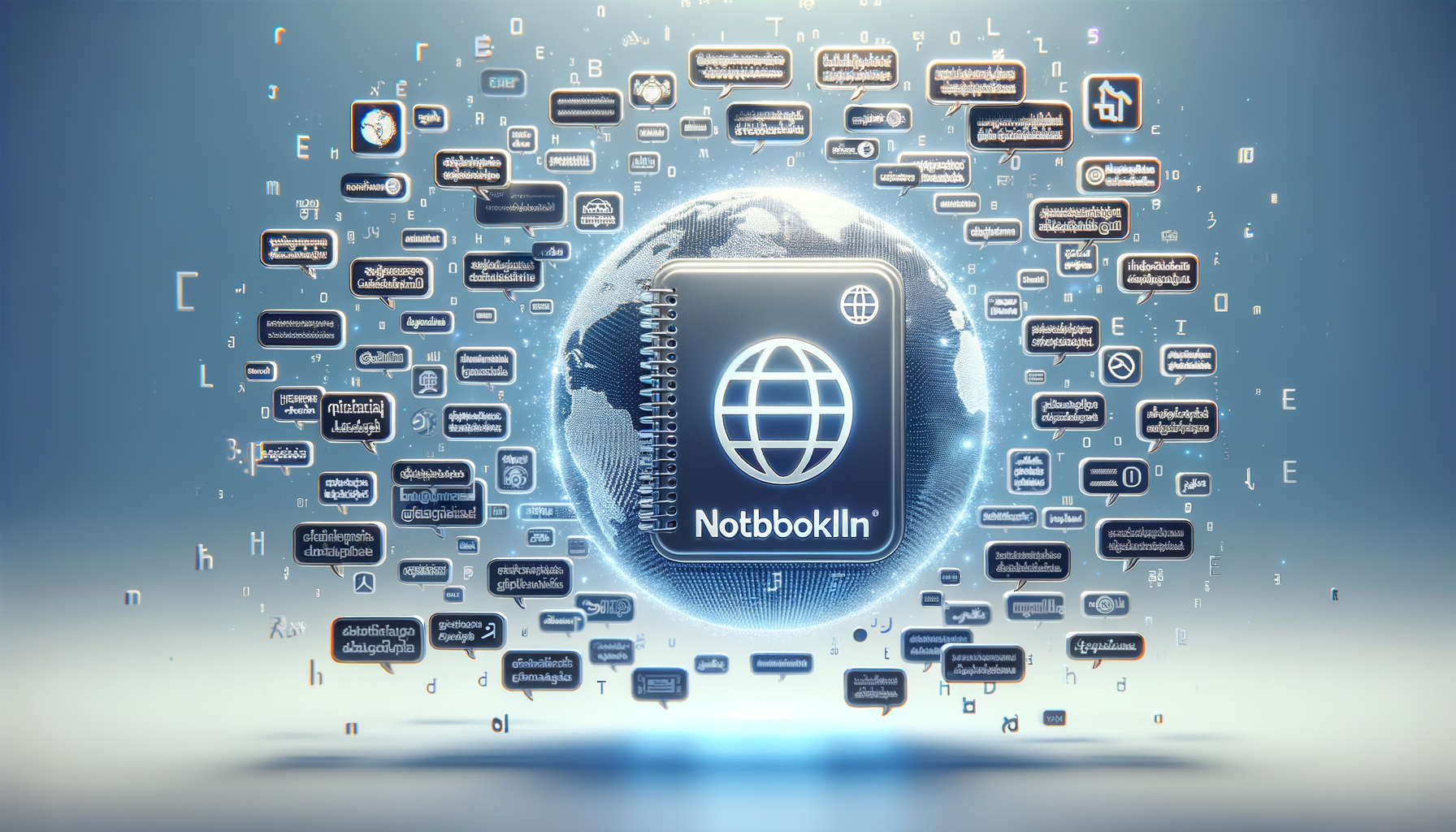
Revolutionizing Research: How Steven Johnson and Google’s New App Are Transforming Writing
In the ever-evolving landscape of technology and artificial intelligence, a groundbreaking collaboration has emerged with the potential to redefine the way writers approach their research. Bestselling author Steven Johnson has teamed up with tech giant Google to develop an innovative application designed to assist writers in dissecting and understanding the core themes of their research material. This tool is not just a step forward in AI research; it’s a leap for writers who are looking to deepen their analysis and enhance their storytelling.
Understanding the App: A Deep Dive into AI-Assisted Research
The application in question, developed with input from Steven Johnson, leverages advanced AI algorithms to sift through vast amounts of research material. It identifies patterns, key themes, and connections that might not be immediately apparent to human researchers. This capability can be particularly beneficial for writers who work with complex subjects or large bodies of information, enabling them to uncover hidden insights that can enrich their narratives.
Features That Set It Apart
The app’s features are designed to be intuitive and writer-friendly. By using natural language processing and machine learning, the AI can categorize information, summarize texts, and even generate questions that may lead to further exploration. This not only saves time but also opens up new avenues of thought, encouraging writers to think outside the box and explore tangential ideas that could add depth to their work.
Is AI-Assisted Writing the Future?
The implications of such a tool are vast. While some may worry that AI could replace human creativity, it’s more accurate to view this app as a powerful assistant that amplifies a writer’s capabilities. By removing some of the more tedious aspects of research, writers can focus on the creative elements of their work, such as storytelling and style.
However, as with any technology, there are ethical considerations to bear in mind. The potential for misuse or over-reliance on AI highlights the need for writers to maintain a balance between technological assistance and their unique human perspective.
How Writers Can Leverage This App
For writers eager to test out this cutting-edge tool, integrating it into their research process could be transformative. The app can help organize notes, identify key themes, and even suggest new sources or topics to explore. It’s a way to bring structure to the sometimes chaotic process of research, and it can be particularly useful for non-fiction writers who deal with large amounts of data and historical information.
Conclusion: The Intersection of AI and Human Creativity
Steven Johnson’s collaboration with Google on this AI-assisted research app represents a fascinating intersection of technology and human creativity. While the app itself is not yet commercially available, the concept signals a bright future for writers looking to harness the power of AI in their work.
For those interested in exploring the potential of AI in writing, there are books and resources available that delve into the subject. Steven Johnson himself has written extensively on innovation and the patterns of creativity, which can provide further insight into the potential impact of AI on the writing process.
If you’re interested in Steven Johnson’s work and his thoughts on innovation and creativity, you might consider reading his books. You can find them on Amazon by following these links:
As we await the public release of this promising application, writers can begin to contemplate the ways in which AI might enhance their research and writing processes. The future of AI-assisted writing is not just on the horizon—it’s here, and it’s brimming with potential.